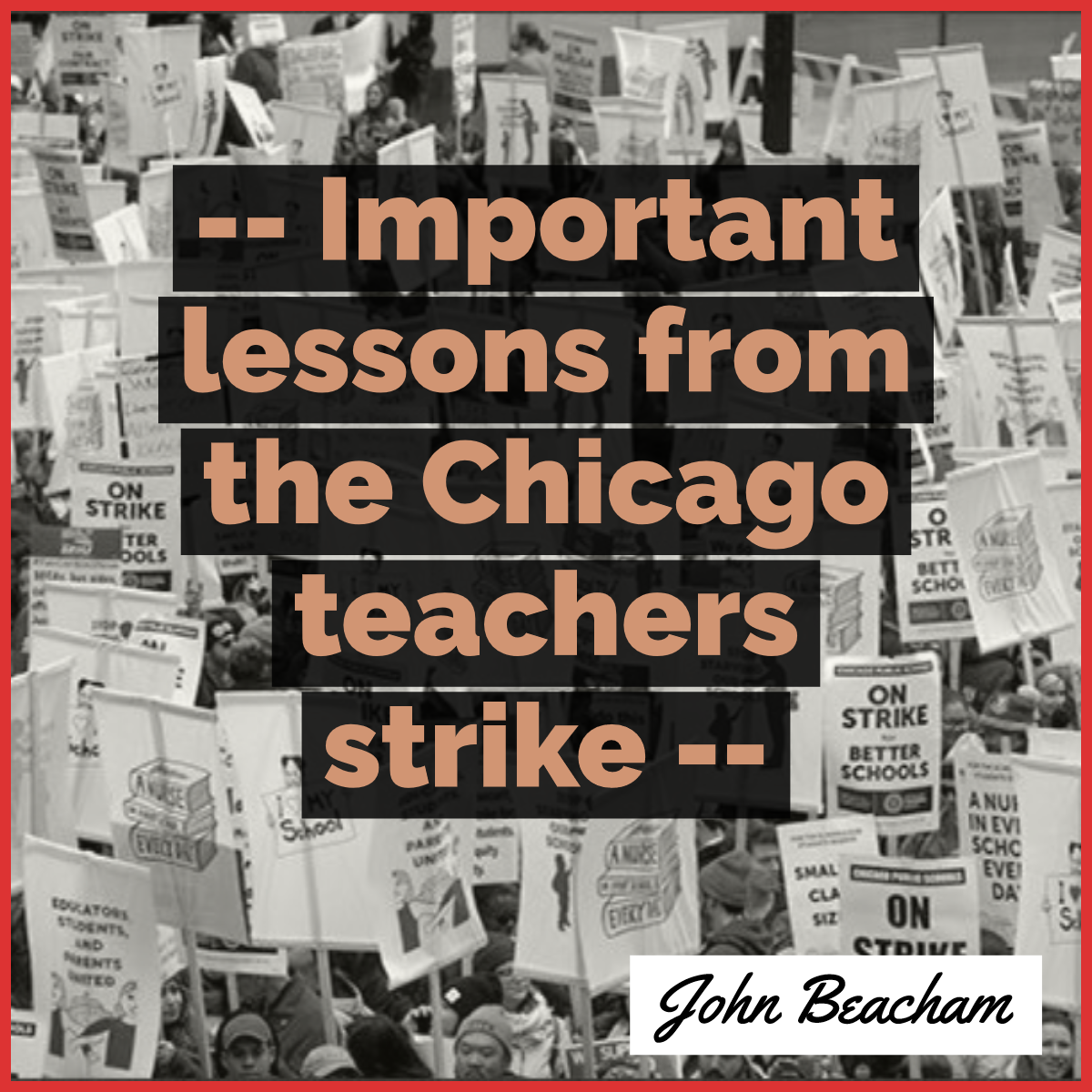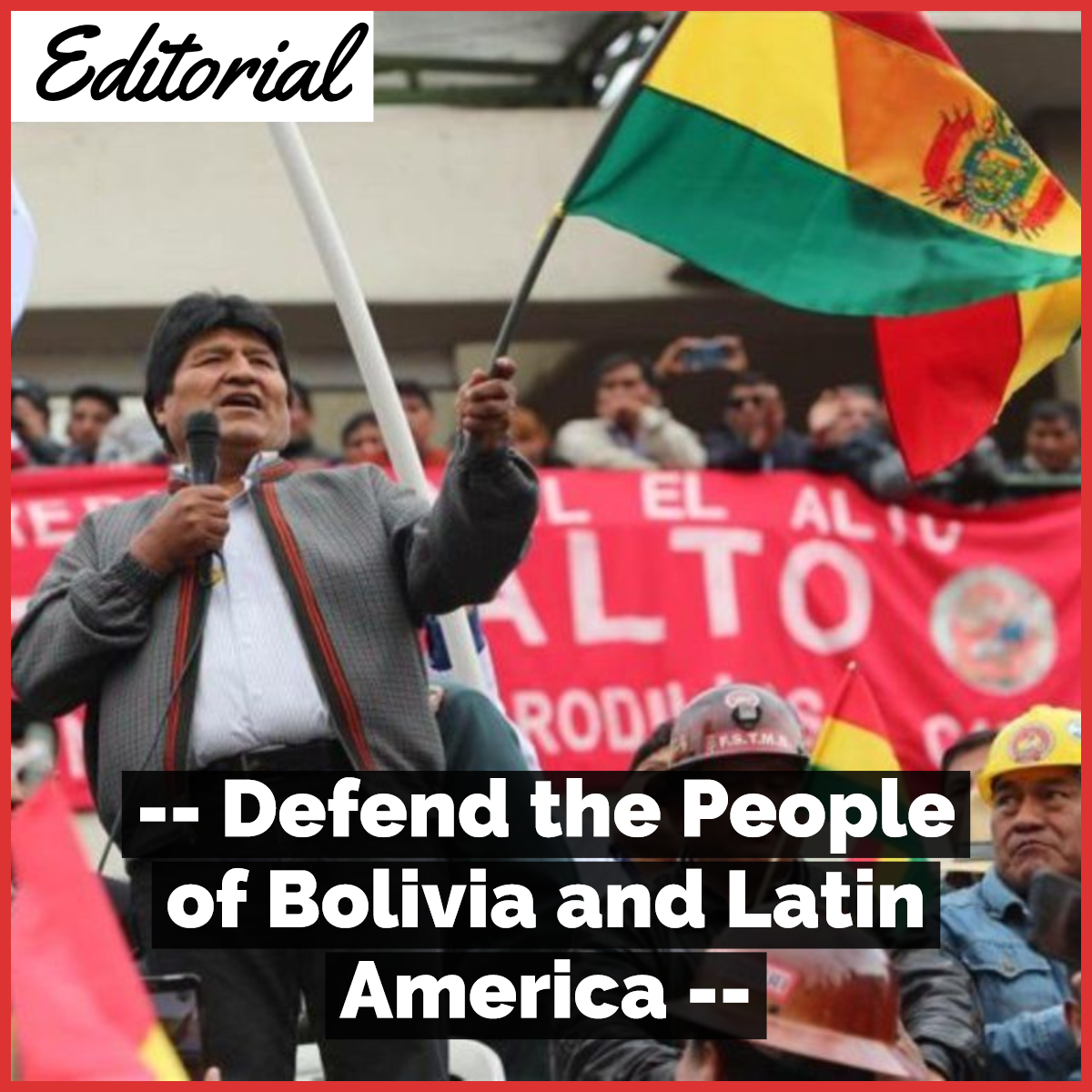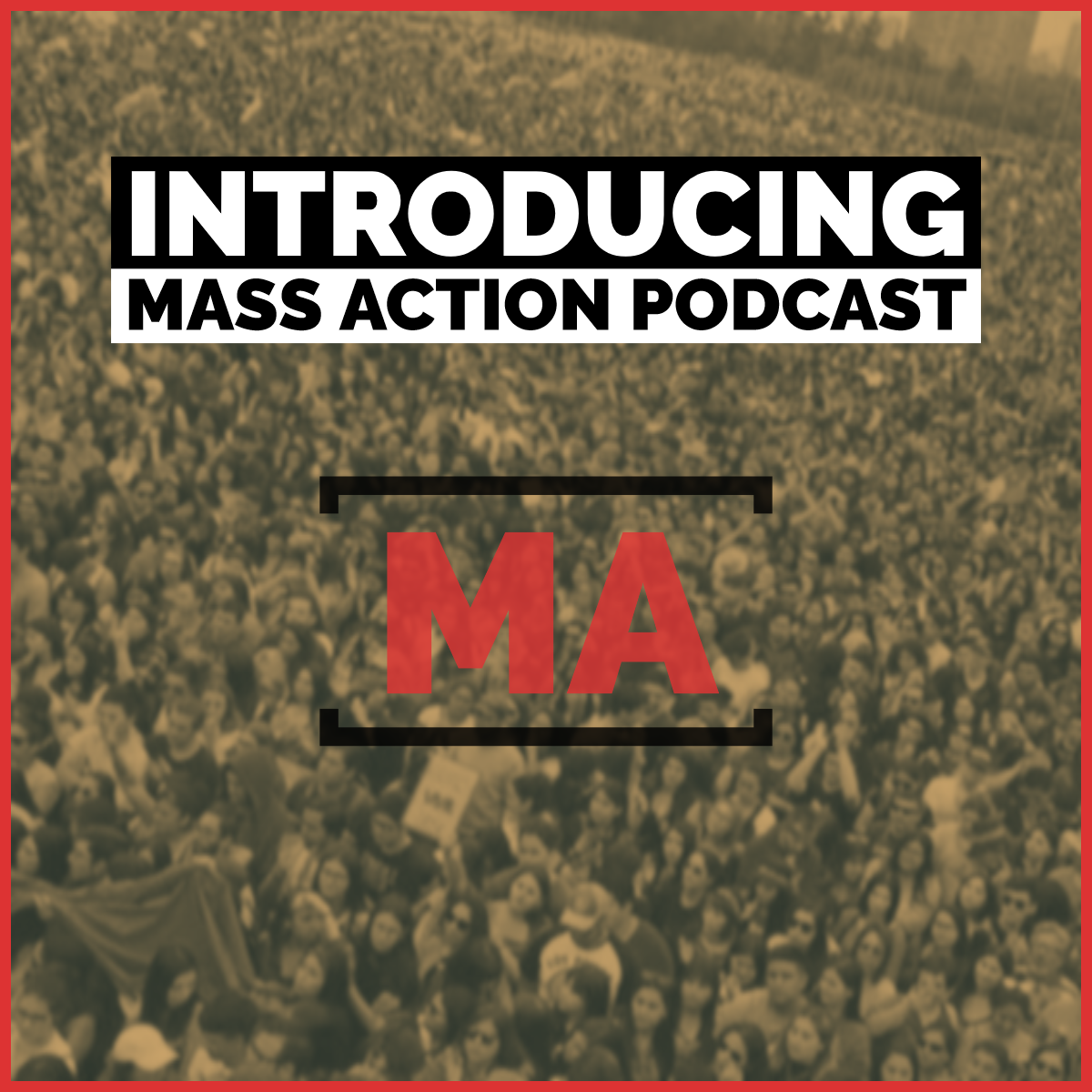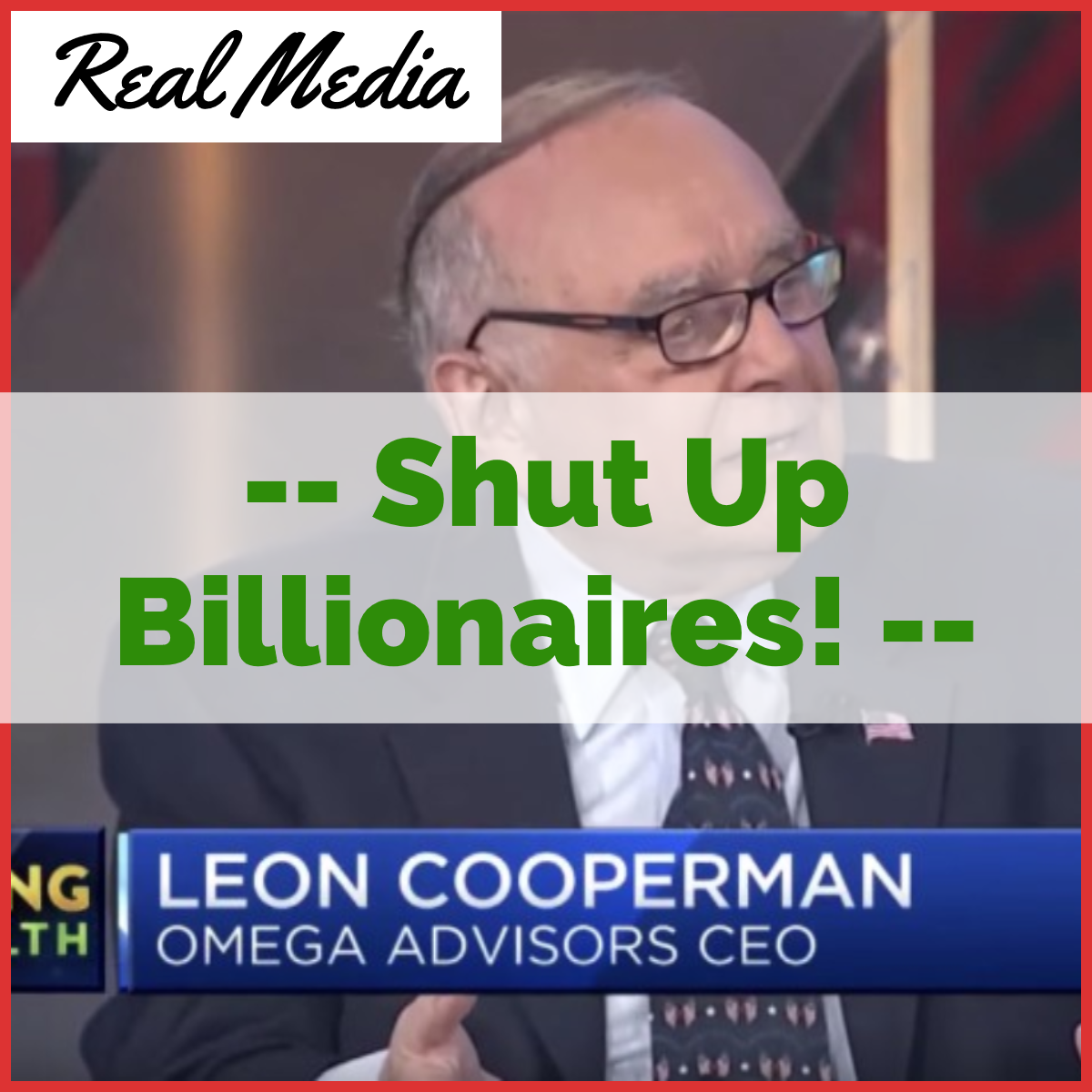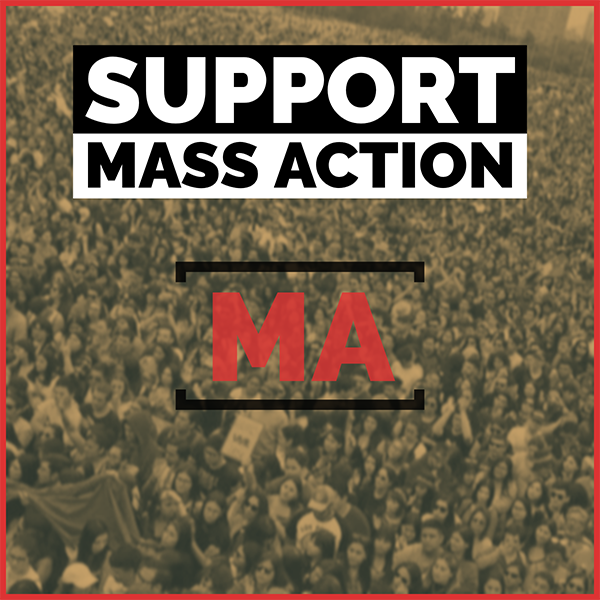Black and White UnityA Conversation with Dr. Lashawn Yvonne LittriceNov. 25, 2019 Dr. Lashawn Yvonne Littrice is the co-founder of Black Lives Matter Women of Faith and Protect the Frontline. She is a Regional Director of the National Congress on Faith and Social Justice.
MASS ACTION: So, this is obviously a massive subject, but I was hoping we could talk a little about the prospects of building the unity needed, the multiracial unity needed, in order to get some real justice and systemic change – the kind of unity needed in order to confront and overcome problems like police murder and racism in general. I want to dive in and just get to the hardest part of the question – the part of the question of unity that I think perhaps most people think is unrealizable and that is the question of black and white unity. We've exhibited a black and white unity, of a sort, working together. So, I was wondering your thoughts on the matter, I suppose. Dr. Lashawn Yvonne Littrice: I believe that we can work together as a black and white people. I do believe though, however, systemically there has been a huge divide that is perpetuated over centuries. And I think that it's done intentionally to keep one group looking at another group in a negative light. So, in the world of social justice, we almost have to act like that dividing line doesn't exist because so many issues have existed for such a long time. When we have been able to stand with our brothers and sisters who don't look like us it has made a huge difference. It has impacted a large amount of the change that's taken place because the unity that we exhibit is what the world needs to see. And the only way to change things is that we have to force it to happen and its almost as if whatever has happened in the past – we never, ever forget about it – but we use that force as a mechanism to further join forces with those people who don't look like us or people that we may have been told would not necessarily stand with us. We've seen it happen for the last, oh, I’d say last six or seven decades where people have come together who don't look like each other, black and white, and because they've unified, they've made significant change. I think when we share a common goal, we can unite without a problem. I do also think there will always be forces that will try to divide, even in social justice work. MASS ACTION: Yes. I agree with you at least in one major aspect – that despite everything we have to make a decision that we're going to work together as sisters and brothers or else there won't be unity and there won’t be justice. There have to be some individuals in the movement that make that decision. Provide that example. But let me ask you this, because I do think that of course one of the principal, the only avenue towards change in the United States is a dogged fight against racism – that black people must be free for – well, I know it's kind of cliché – but for any of us to be free, considering the real history. I think that's just a material reality. So, it does mean that those white people who do join the struggle for justice, even for their own justice … For example, I'm a worker. I should be getting paid more. I'm a teacher, I should be getting more resources. I should be getting more benefits. I shouldn't have to go paycheck to paycheck, which I do. I'm better off than a lot of people. I may have some privilege, but even to fight for myself, for those things I need for myself or my child or the people I love or the rest of the population, I really consider it the number one obligation to fight against racism. There are other obligations that people who are fighting for justice have, but I'll be honest, it's just primary, it's essential. It doesn't mean that I rank oppressions or rank different peoples' fights. Not at all. I personally don't do that sort of thing. But just as a material thing, I really firmly believe that the struggle against racism – and capitalism – is at the heart of everything. So, I know we make the decision to unite, but there's still that reality, right? Dr. Littrice: Right. Well, we need to create a dialog, a continuous dialog between black and white people because there are a lot of misconceptions. People generally base their conclusions on things that they've either heard or maybe someone else has experienced. So, a lot of what is perpetuated is not even personal experience necessarily. But I do think that as we continue to try to learn from one another, the stand we are taking and what our issues are, I think we'll find out that we're, we're a lot more alike than we are different. We know as black people that we are a disenfranchised group of people. We know that the odds are stacked against us. But we realize, and I know I realize, being out there for the last five or six years on the front lines, we realize that there are those who sacrifice themselves just as much as we will to make some sort of change. It does not matter who they're standing next to because at the end of the day we all still bleed red. MASS ACTION: There was one thing there that really struck me and that's you saying that we're more alike than different. I don't know if you said it exactly like that, but for me, though, sometimes unity seems impossible – let’s be honest, white and black people are not united right now … Dr. Littrice: That’s right. MASS ACTION: We haven't been united in general. There's only been certain time periods where it's been made more possible. And as a side note for emphasis here, most people don't know that the largest time periods or movements of black and white unity were actually in the south. And the reason why they were in the south is because there's a lot of poor white people in the south. You know what I mean? There's even this thing called the Green Corn Rebellion where white and black people took up arms in Oklahoma to resist the draft in World War 1. People should check that out, google it. Actually, native people joined that rebellion as well. They don’t teach that in history books at all. Many of the sharecropper’s unions in the south in the twenties and thirties were integrated. The reason why I say this is because I think the question is not as much do we have enough in common to unite but do we have shared enemies that unite us in a deeper way. Donald Trump is not an aberration. The white supremacists are egged on by the very wealthy in this country. Always have been. People think that the KKK was a bunch of ignorant white, poor people. No, it wasn't. It was founded by very wealthy ex-confederate politicians and generals. Nathaniel Bedford Forrest, the first grand wizard of the klan, was millionaire slave trader. That's what he did. He made millions of dollars selling children. So, I’m hopeful that working people, poor people can find, build the type of unity we need. In my estimation, I think that's why this country spends so much time glorifying wealth and vilifying poor people. They vilify poor white people too. It's different, of course. Racism is much, much more of a burden for poor black people obviously. But a poor or working white person has way more in common with a poor or working black person than they ever will have with the Donald Trumps and Jeff Bezos of the world. Dr. Littrice: And like you said, racism, it doesn't even matter if you're poor. You could have a little something. That doesn’t matter. If you're black and in the wrong place at the wrong time, you're going to probably experience some form of racism. People don't realize that the supremacy that exists, it just takes precedence over everything else. I think about the KKK and how they were judges and doctors and lawyers. Some of the most esteemed people were hiding behind those hoods. MASS ACTION: Honestly, they usually didn’t even need to hide behind those hoods. The KKK, racism, lynching, they were completely acceptable in the pre-Civil Rights United States. Dr. Littrice: That’s right and in today's world they still don't care what we do for a living. You still experience some of the same stuff that somebody else who lives in a more socioeconomically disadvantaged community experience when it comes to the police and how they treat us, how they talk to us. I think about the trial of the officer (Amber Guyger) who just recently got convicted of shooting Botham Jean. At the end of the trial the judge came down and embraced the cop. Hugged and consoled her! There was a court sheriff that was fixing her makeup and fixing her hair. And even the apology that happened, the brother of Botham Jean asked the judge to show her (Guyger) mercy. The brother asked if they could be friends one day. Now, I'm not saying anything is wrong with forgiveness. I'm not saying that at all. But what I think about when a judge comes off of a bench to embrace somebody, I think about all the people that have been wronged. I think about all the people that are still before judges and basically because of the zip codes they are from or the color of their skin, they did not receive ANY sort of compassion. So, I think in cases like this, it upsets people because they feel like why are we putting on this extra show for them? What is it to the judge that he (the brother) did that? You know, it was sparking a huge conversation and I had to think about it for like two seconds and just given my past interaction with the court system I was just really, really blown away by it – not so much as him talking to her and saying he forgives her and all of that, but the part where the judge went way out of her way to do a couple of things. MASS ACTION: That makes it really hard to think about unity, doesn’t it? When you've got a judge doing crazy stuff like that. Your story made me think about the sentencing of Jason Van Dyke and the kind of sympathy that was granted to him all throughout the process by the media and the establishment. Someone who was caught on videotape viciously murdering a human being and who thought he could get away with it and the entire police force in the city fully backed his criminal act – to just shoot a person in cold blood cause they're black and with impunity. And all he got was seven years. The fact that he was convicted is because of the movement – the fact that the jury convicted him – that shows that the movement's affecting society because it affected those random 12 people. The jurors said, no, we’re not listening to that racist stuff from the racist defense attorney that's being presented to us in court. This is a murder. I just remember how happy I was. I stopped my car to listen to the verdict on the radio. When they said guilty 16 times. I swear to you, I know there's just millions of white people in this country that were happy when Jason Van Dyke’s convicted. If I think back to – I’m from Los Angeles – to the OJ Simpson trial where you had a completely polarized city. I did not meet one white person that said OJ Simpson was innocent. Some black people were saying he's guilty too, of course. But, for the most part, black people were like, there's a black man up there. He's being lynched. He's being lynched. What a big difference from that to what happened here in Chicago. Black Lives Matter has changed the equation and there’s just a lot of white people – especially young people – that are saying you are right. We are with you. We will follow you. We will march and fight with you. The biggest protest here in Chicago organized by those young black high school girls after the video of the lynching of the Laquan McDonald was released – I remember some of the young black woman who organized that said more of their white friends came out than anybody else. Dr. Littrice: Yeah, I feel that too. When I went to any of the protests I said that I've observed that. It's so funny because people who don't ever come out to any sort of protest rallies or anything like that, the first thing they'll say is, well, I don't participate – these are people that don’t look like me. I don't participate because it seems like all you do is come out when the police do something wrong, but we never see you out there when there's violence in the community. So, I remember having to educate some of my colleagues in my doctoral program when they said we would join you but we do not really understand what you all are fighting for. What's your end goal? When they asked, I had to ask them, I said, this is a community psychology program that we are in. You're lining up your lives to be advocates for the community. In order to know what's happening, you have to get in touch some way. I'm not saying everyone has to stand out on the front lines, but what I'm saying is you have to become educated on what the struggle really is. If you're thinking that we're not being effective the only thing I could do is just point you back to Martin Luther King Jr. People also said what he was doing was ineffective. But look at what they accomplished, with the unity of how blacks and whites stood together then, using churches as hubs and people's homes. It reminds us of how much progress we've made and how much more progress we have to go. But we have got to be in touch. We’ve got to be united. You mentioned OJ Simpson. That reminds me of when I worked on the trading floor. I used to work for the Chicago mercantile exchange and while I was there that was when the OJ trial happened, shortly after we had an observance of Dr. King Day. So, they never shut the market down, right. But what they did was – it’s a huge deal to silence the market – they silenced the market for 60 seconds. Now, I worked there when there was probably five black traders. Everybody else was other nationalities, not black. When they made the announcement that they were going to silence the trading, you couldn't trade for 60 seconds. All you had to do was be quiet. If you said one word, you would be fined a minimum of $10,000. They silenced the market. All of us black people felt so proud that they silenced the market. And I'll never forget people started yelling what that f--- are we being silent for? I mean, they were pissed! I remember going, oh gosh, these are the people we work with? You know what I'm saying? We work with these people on a daily basis and this is how they feel? And when they talked about OJ you can just imagine what I heard. But when I think about that and we look at where we are today, we have made a significant amount of progress. But it's because some people who were probably raised to think a certain way in certain places with people, they started forming their own ideas and opinions and they started seeing people taking action. Even though it doesn't look like as much progress in some ways, it will be greater. When we look another 10 years ahead, it will be greater. I always tell my kids, we're doing this for you all. We’re laying down the grade. Someone's going to have to eventually pick up the torch when we lay it down, but we're making these sacrifices because it's going to impact the generations behind us. MASS ACTION: Yeah, totally. I think that's an excellent place to conclude the interview, but there was a couple of trains of thoughts and paths of yours I wanted to amplify. Everything’s a struggle. Things are changing because of the struggle. But it is also that the conditions are changing and people are worried. They are active. Things are happening internationally, nationally and locally that are upsetting the apple cart, for lack of a better word, destabilizing things. A lot of young people are not willing to allow the injustices that have been going on for so long to continue. For example, the way black people are being treated has been going on for too long and now we’re going to do something about it. Dr Littrice: That’s absolutely right. We should be optimistic. That should give us hope. MASS ACTION: I agree. We should be optimistic. The fat cats and the white supremacists – they’ll always say we're not getting anything done. You know what? We’re not listening to them. Ever. We just need to keep struggling and fighting together. And I will say it again. In some ways it may seem impossible for us to unite, but I think we just need to make a decision. We will unite around all people who are in struggle, unite around the most oppressed and wage a dogged fight against racism as a central component to make change. Things need to change. They actually need to get changed sooner rather than later. I tell my son I'm fighting for him, but to be honest with you I’m fighting in the here and now. E.D. Nixon, the famous union organizer, in an interview about the Montgomery Bus Boycott, made an interesting comment about the Civil Rights Movement. He said that he had been fighting so long so that those that came after him had a better life. But when the boycott got going and going strong he thought, I am going to get some of that justice for myself. Dr. Littrice: Oh, that’s a great thing that Nixon said. Let’s keep working and fighting together. Get some real justice in our lifetime. MASS ACTION: Let’s do that. Thanks, Lashawn. |
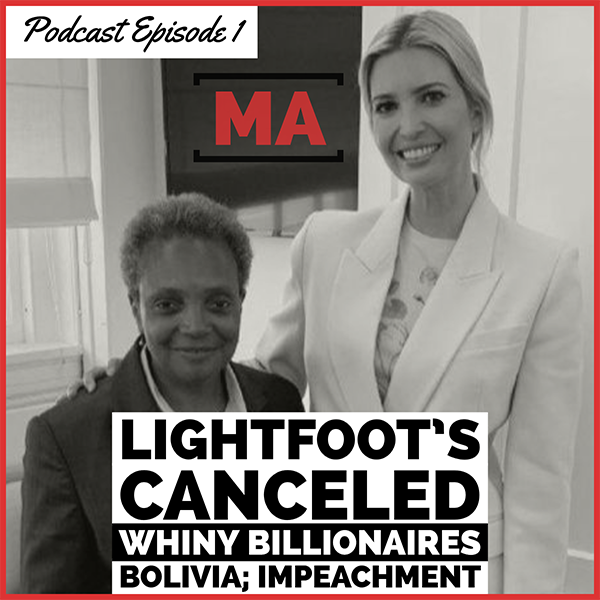
|


